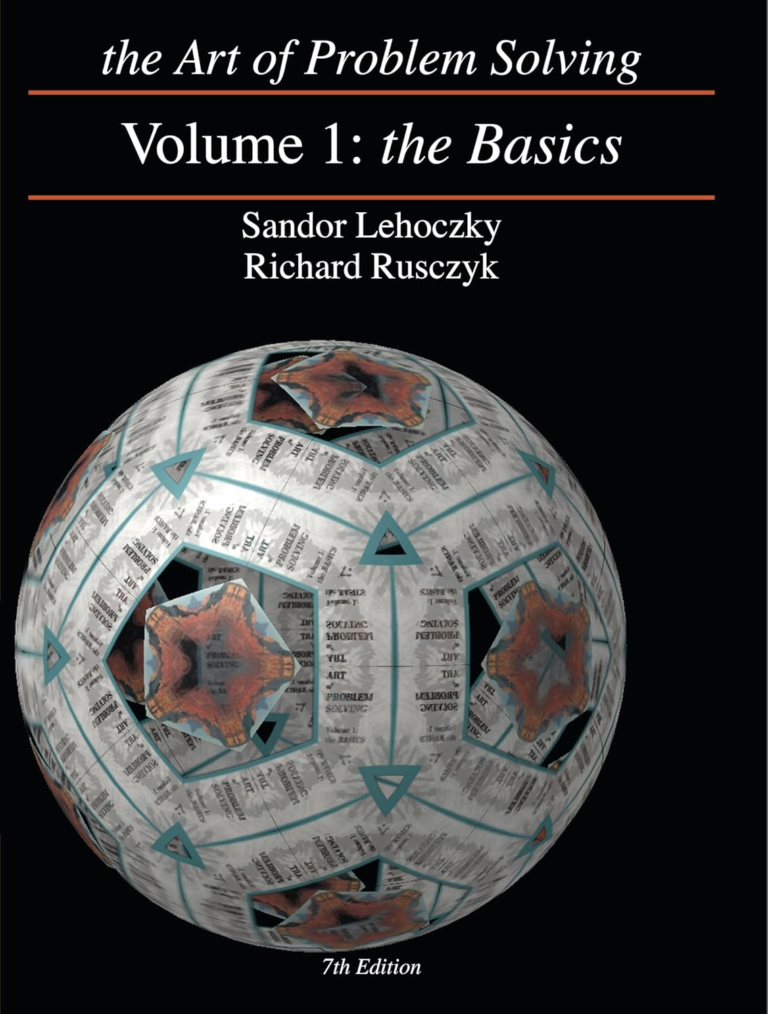5 Best Books for Finance
Whether you’re a beginner eager to understand money basics or a professional looking to sharpen your investment strategies, finance books are some of the best resources to build long-term wealth and financial literacy. Below are five of the most influential and highly recommended books in finance that can help you transform the way you think about money.
1. “Rich Dad Poor Dad” by Robert T. Kiyosaki
A classic in personal finance, this book compares the financial philosophies of the author’s “rich dad” and “poor dad.” It breaks down the difference between working for money and making money work for you. Kiyosaki introduces key concepts such as assets vs. liabilities, passive income, and financial independence—making it a great starting point for anyone new to finance.
2. “The Intelligent Investor” by Benjamin Graham
Often called the bible of investing, this book is a must-read for serious investors. Benjamin Graham, mentor to Warren Buffett, outlines the principles of value investing and provides timeless strategies for managing risk and building long-term wealth. While it’s dense, the lessons in patience, discipline, and analysis are priceless.
3. “Think and Grow Rich” by Napoleon Hill
Though written in 1937, this book remains one of the most influential finance and success guides ever. It explores the power of mindset, goal-setting, and persistence in achieving wealth. While it doesn’t dive deep into financial tools, it highlights the psychology behind success, which is just as important as strategy in building wealth.
4. “The Psychology of Money” by Morgan Housel
This modern classic explains how human behavior impacts financial decisions more than technical knowledge. Through engaging stories, Housel reveals why people often make irrational money choices and how emotions, luck, and timing affect financial outcomes. It’s approachable, practical, and a must-read for both beginners and experts.
5. “Your Money or Your Life” by Vicki Robin and Joe Dominguez
A transformative book on financial independence and mindful spending, this book goes beyond money management to redefine the relationship between time, work, and wealth. With practical exercises, it helps readers align financial habits with life goals, paving the way to true financial freedom.
Final Thoughts
These five books cover a wide spectrum of finance—from investing strategies and behavioral psychology to personal money management. Reading them can give you not just the knowledge to manage money effectively, but also the mindset to build lasting financial security.




